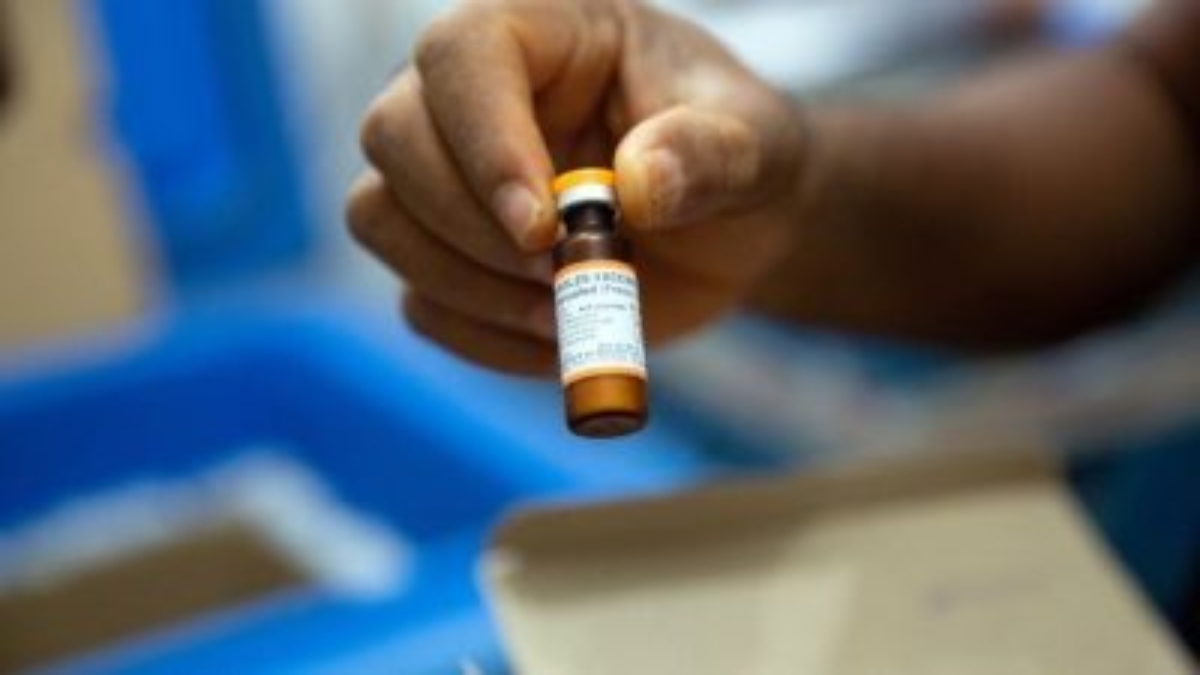The National Institutes of Health (NIH), United States government’s primary agency responsible for biomedical and public health research, is set to cancel or scale back dozens of grants for research into vaccine hesitancy and efforts to improve vaccine uptake.
The Washington Post , citing an internal email sent on Monday (March 10), reported that NIH received a new list of awards to be terminated immediately.
The email, sent by Michelle Bulls, director of the Office of Policy for Extramural Research Administration, ordered NIH officials to notify affected researchers by close of business Monday. For studies partially focused on vaccine hesitancy, researchers were given the option to redirect funding to other aspects of their work.
The termination notice instructed officials to use specific language, stating that NIH no longer prioritizes research on vaccine reluctance or strategies to improve vaccine acceptance.
Cuts raise concerns amid measles resurgence
The decision comes at a time when vaccine acceptance in the US remains a critical public health issue.
More than 200 cases of measles have been reported in 12 states, with two deaths from the disease, as vaccination rates among school-aged children continue to decline.
“There is an urgent need to enhance vaccine acceptance behaviour, especially due to the potential resurgence of measles and Covid-19 still looming,” said Manoj Sharma, a professor at the University of Nevada, Las Vegas, whose CDC-funded research on vaccine hesitancy ended last year.
Michael Bronstein, an assistant professor of psychiatry and behavioural sciences at the University of Minnesota, said his NIH-funded research has not been affected yet but expressed concern over the broader implications.
“From a public health perspective, preventing people from dying should be a government goal,” Bronstein said. “Vaccine hesitancy is one barrier to that.”
Uncertainty over RFK Jr.’s role
The cuts come under the leadership of Robert F. Kennedy Jr., the new secretary of the Department of Health and Human Services (HHS), which oversees NIH. Kennedy has long promoted misinformation about vaccines , including the debunked claim that they cause autism, a position widely condemned by the scientific community.
While it remains unclear whether Kennedy directly influenced the decision, his appointment has unsettled the medical research community. Last week, the Centers for Disease Control and Prevention (CDC) was asked by the Trump administration to launch a new study into a possible vaccine-autism link, despite repeated scientific findings that no such connection exists.
)